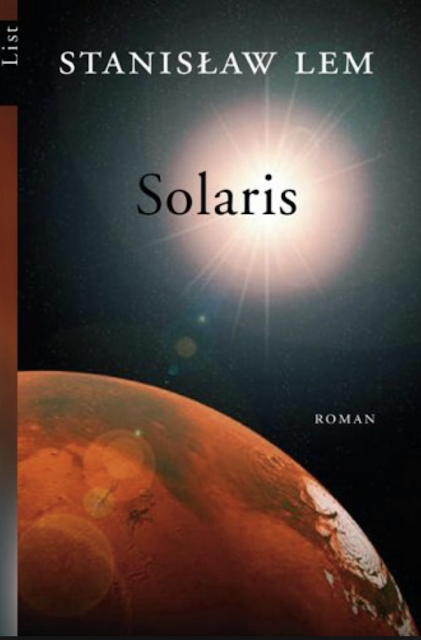"Embassytown" by China Mieville (published 2011)

Because of the ingenuity behind China Mieville's "Embassytown" (2011), the book is enormously fun to read. Like many science fiction books I've picked up before, there was a point when I was aware that I was not comprehending all of what I was "reading", but continued happily on anyway, willing to do the work, understanding what I could, while letting the story flow page by page freely. Usually the ability for the reader to do that with a complex story structure and highly intellectual content is a sign of great style. And that - amazing literary style - is something Mieville certainly does have. This is the first Mieville book I've picked up and I was absolutely mind-blown by its concept. With language as the main thematic element, I emerged myself in the wonderful linguistic games, using my own sparse knowledge of Saussurian semiotics to back-up what I thought I was "getting". Beyond that, I loved the symbolism of the book, which Mieville...

